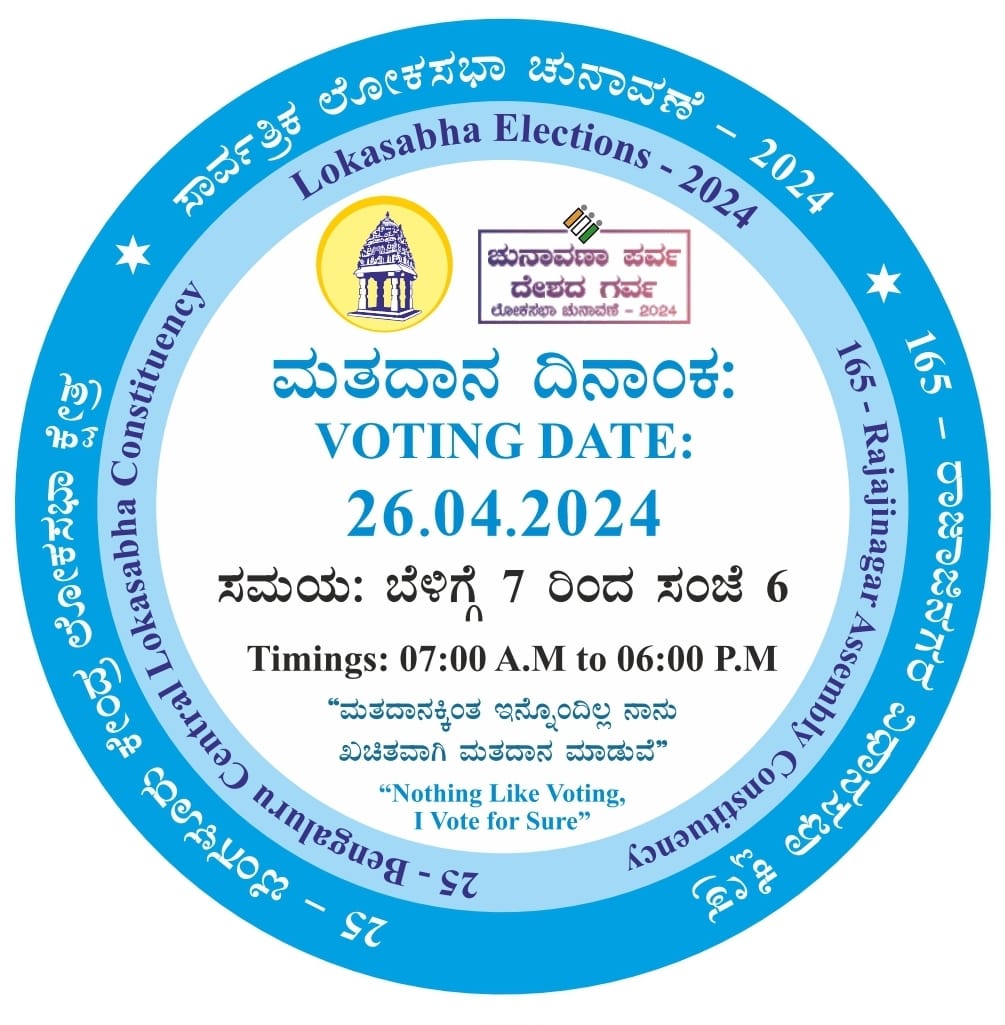
Manjunatha Prasad says decisions will be taken only after consulting zonal in-charge ministers
BENGALURU:
For perhaps the first time in the history of BBMP, an incoming Commissioner had to take charge in the absence of the outgoing one. IAS officer N Manjunatha Prasad took over as BBMP chief on Saturday evening in the absence of outgoing Commissioner BH Anil Kumar.
Soon after taking charge, Manjunatha Prasad told theBengalurulive that total transparency would be maintained by the civic agency in the procurement of beds, mattresses, tables, chairs and other items needed to furnish the Covid Care Centres in the city.
Also Read: https://thebengalurulive.com/are-mayor-bbmp-chief-super-cms/
Also Read: https://thebengalurulive.com/bengaluru-gets-huge-10100-bed-covid-care-centre/
Prasad said he was all too aware of the surge in Covid infections in Bengaluru city. “It’s a pandemic and it’s time to take everyone into confidence. I will personally be inspecting all the Covid Care Centres — BIEC, GKVK and others – on Sunday.”
He said that with a view to maintaining transparency, every item purchased will be shown on the BBMP website and can be scrutinized by every citizen. Before finalising anything, it will be brought to the notice of all the eight zonal ministers who have been appointed to oversee Covid- related issues so that everyone is taken into confidence, he added.

Prasad thanked Chief Minister BS Yediyurappa for showing confidence in him and said he would not do anything to breach the CM’s trust. “The Chief minister has expressed confidence in me and I will take all steps necessary to control the spread of the virus,” he said.
Focus on death rate
The new BBMP chief said, “My aim will be to cut down the death rate in Bengaluru city. I’ll be holding meetings with private hospitals to see that the death rate is brought under control. Patients should get timely admission in hospitals, which will curb the death rate. I have seen media reports and television channels which have shown how people are not getting timely treatment and admission in hospitals. Steps will taken and action will be initiated against hospitals denying patients treatment.”
Replying to another query, he said, “No doubt, the number of positive cases was very much under control during the lockdown imposed by the Prime Minister, but later when the government allowed inter-state movement, the number of infections rose. Now we see a spike in positive cases.”
He said, “Our aim will be ramp up testing and identify primary and secondary contacts early so that they can be given timely treatment,” and added, “Another problem is that adequate manpower is not available in hospitals. I will try to rectify the situation by identifying who (medical staff) can be utilised for what purpose.”









